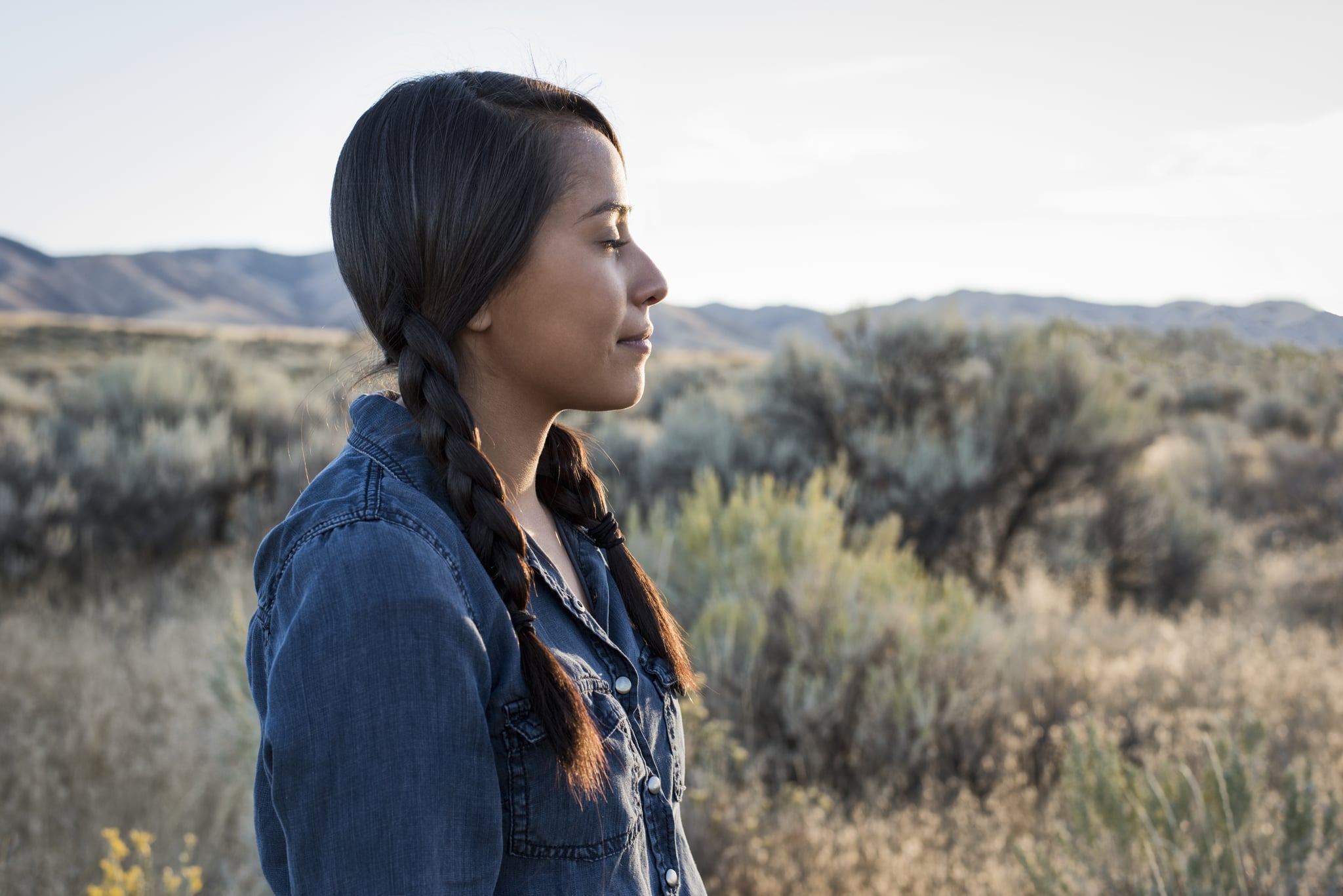
Cuban singer Willy Chirino has a song that says, "Lo que esta pa' ti, nadie te lo quita. Pero por si acaso prende una velita," which means "what is for you, nobody can take from you, but just in case, light a little candle." If I starred in a TV show about growing up in a pseudo-religious household, this would be the theme song. The show's name would be "Spirituality, Just in Case."
According to a Pew Research Center study, 61 percent of Latinx say religion is very important in their lives [1]. About 24 percent say religion is somewhat important, and only 13 percent say religion is not too important or not at all important in their lives.
My family is part of the 13 percent who don't give too much importance to religion. I didn't grow up in a religious household. I picked up religion on my own in my teens. Most of the religious practices in my house were more culturally oriented than they were religion oriented. For example, I remember walking into my parents' bathroom to find candles of Saint Lazarus lit after the death of someone or when they wanted to manifest something — although they would never use that term. They did it because their parents did it, and their grandparents did it, too.
Around the ages of 14 and 15, I had my own bouts with the Christian church and became a very active participant. It just so happened to be around the time I first fell in love and began having sexual experiences — also around the time my parents were going through rough patches in their marriage — so it made sense that I would seek a spiritual community, which directed me to God. I am grateful for the church, because it provided a safe haven for me at the time.
When I started going to Christian church, my Catholic step-grandma told me Catholicism was better because one could talk to the saint, who would then deliver one's message to God, since God was too busy taking other people's messages. She was the most religious person in the household. This made sense to me, and apparently I wasn't alone, since 55 percent of US Latinx adults identify as Catholics [2], according to a survey by Pew Research Center.
As I continued my journey of getting closer to God, I witnessed Santería practices that deeply impressed my teenage self. Although no one close to me was a practitioner, Santería practices were easy to come by, and I remember a distant family member going to a Babalawo to get cleansed from the bad energy in their life. A Babalawo is a sage or high priest in Santería, and if you're from anywhere in the Caribbean — especially Cuba, like me and my family — you know how common these practices are. They are our heritage from the Yoruba people from Africa, who came to our islands as slaves brought by the colonizers.
During my journey, my mother always told me I could seek God anywhere, not just at church. Eventually, I learned to do just that. That has been the case for the majority of Latinx age 18-29, since the Pew survey also found we are overwhelmingly becoming unaffiliated with a religion. As I've grown older and further away from the church, I ironically have become much more involved with spirituality and a stronger believer in a God that is quite the opposite of the gendered man who judges from afar and dictates whether you go to heaven or hell. All of my respect goes out to every religion I encountered growing up, regardless of whether or not my belief is with them, because I know God is in all of them.
My spirituality looks different now. I talk to God and trust in God, but the God I learned about in my Christian church looks very different from the one who walks by my side today. I follow some of the practices I witnessed as a child — not so much as a believer, but as someone who is open to its benefits, even if they are just in my mind. From my experiences with religion, I pulled out one common denominator: divinity is in all things. Now I always light candles, like my parents did, just in case.